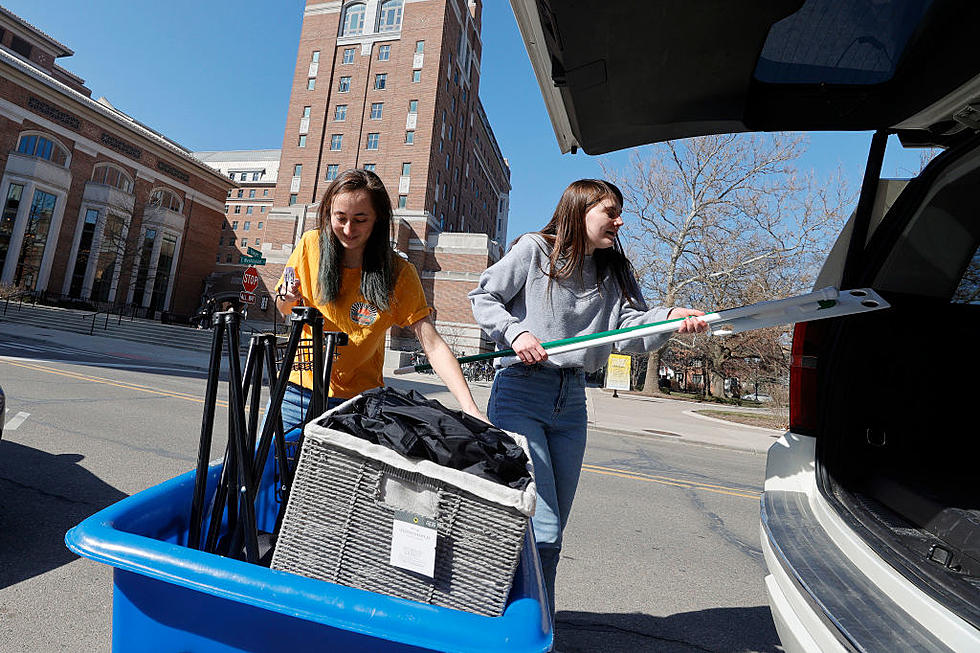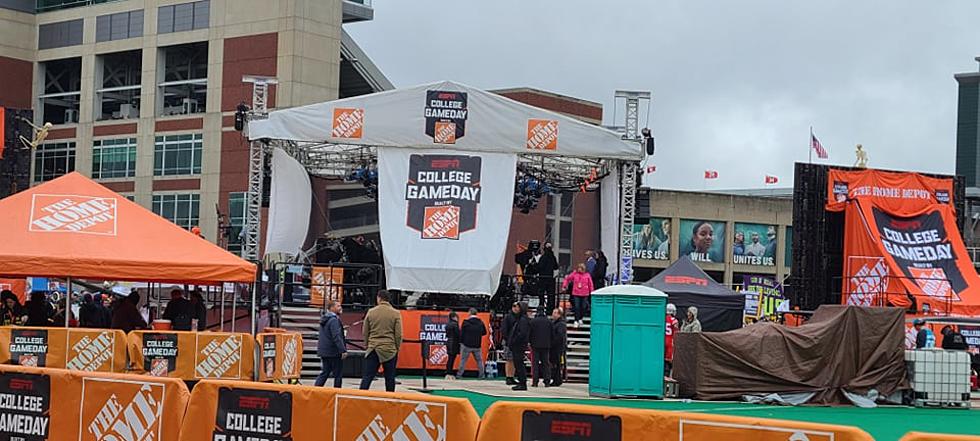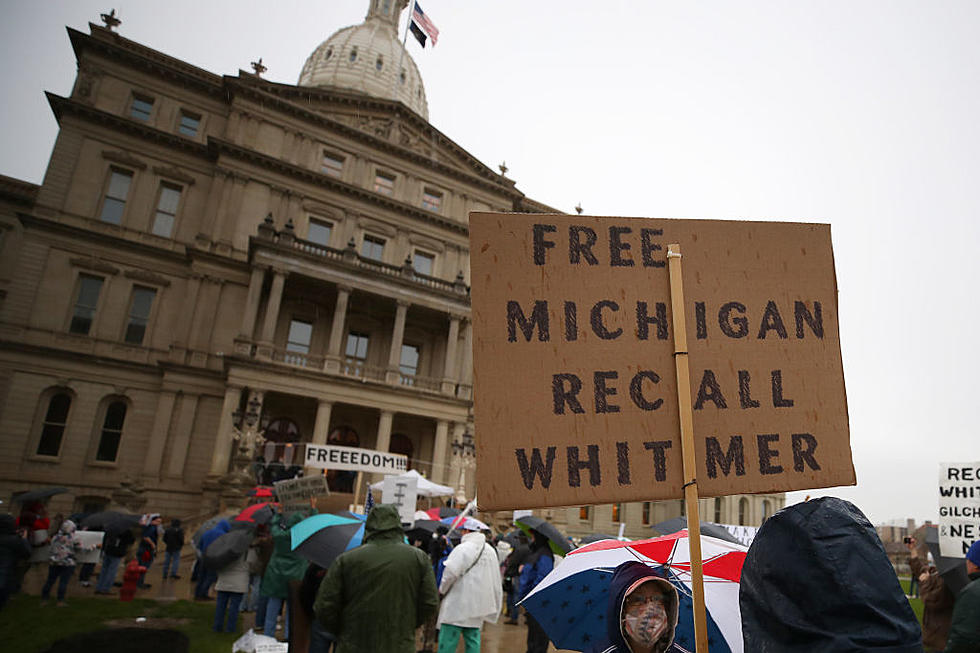
Michigan Court Of Appeals Rules Michigan Universities Do Not Have To Give Tuition Or Housing Refunds
Last week the Michigan Court of Appeals upheld the Michigan Court of Claims ruling that Michigan’s public universities do not have to give tuition or housing refunds back to their students even though they did not deliver on what they contracted with the students to do. Their ruling came from the consolidation of three cases in front of the courts filed against Eastern Michigan University, Central Michigan University and Lake Superior State University.
The Michigan Court of Appeals decision was made by a three-judge panel including Judges Kirsten Frank Kelly, James Robert Redford and Judge Brock Swartzle. Judge Swartzle wrote a separate opinion agreeing with his colleagues on part of the decision but not all.
In the full 3 judge panel opinion they wrote:
These consolidated cases present the question whether Michigan’s constitutionally created institutions of higher education are liable to their students for reimbursements for tuition and room and board as a result of the COVID-19 pandemic. In each case, the plaintiffs below contend the defendant universities breached their agreements with their students by imposing upon them remote learning environments—termed “emergency remote teaching” (“ERT”) by plaintiffs—as opposed to traditional in-person classroom instruction, which plaintiffs contend was inferior. The plaintiffs below also seek reimbursements from the defendant universities for the period of time in which they did not remain on campus during the COVID-19 pandemic.
Both are very interesting questions and claims.
The court stated:
The trial court held that the unambiguous terms of the tuition contracts rendered Zwiker and Horrigan liable for paying tuition after registering for classes and receiving instruction services. Additionally, the tuition contracts assessed fees as the result of registration, not as the result of receiving services..both tuition contracts state that financial responsibility is incurred at registration or receipt of service. The word “or” is a disjunctive term used to express a choice between alternatives…We find no error in the trial court’s conclusion that unambiguous terms of the tuition contract rendered students liable for paying tuition once they registered for classes. Thus, whether or not the term “services” is ambiguous is irrelevant because students’ financial responsibility began upon registration”
The opinion went on to say:
In all cases consolidated on appeal, The University plaintiffs claim the University defendants breached their agreements by failing to provide live, in-person instruction. The University plaintiffs, however, have pointed to no contractual language in which the University defendants promised such method of instruction. The University plaintiffs have the burden to show that a contract exists in order for the contract to be enforced, because “the court cannot make a contract for the parties when none exists.
In a separate opinion, Judge Swartzle wrote:
In the end, there is a growing body of evidence, including evidence in this record, that students of all ages suffered significant educational setbacks during the winter/spring 2020 semester, and possibly beyond…It adds insult to injury for a university student to have to pay full price for emergency remote teaching when that student allegedly bargained for much different educational services. As I review the record, there remains a genuine issue of material fact on plaintiffs’ tuition claims. The parties should have the opportunity for full discovery, followed by a trial if a question of fact remains.
How about charging their students the entire semester/year for their dormitory rooms and then forcing them to leave before the end of the semester/year? Well, the Michigan universities had themselves covered for that situation also. In their opinion they wrote:
With respect to Eastern Michigan University, in the parties’ housing contract, the Eastern defendants “reserve[d] the right to reassign or remove a resident from university housing for reasons of health, safety, welfare, failure to remain actively enrolled, or if the student poses a significant disruption to the on-campus housing community.” The housing contract also stated that “[r]efunds are not given for missed or unused meals.” Likewise, with respect to Central Michigan University, the housing contract specifically stated that “times set for performance of this contract are subject to change because of. .. circumstances beyond the university’s control that may affect the health or safety of students or affect the educational function of the institution.” And, with respect to Lake Superior State University, the contract did contain a force-majeure clause, in which the parties agreed defendants’ performance would be excused for “act of nature” or an “act of God” beyond the control of the parties…In other words, these contracts expressly contemplated circumstances under which it is necessary to remove students from housing for reasons of health, safety, and welfare.
That means they get to keep all of their student's and parents' money paid for their housing and it appears food. Who decides if it is an "act of God" to evict people from their housing and stop feeding them the food they paid for, that would be the government? In what business can you legally take someone's money and not provide the service or product? It appears only government.
Who decides what is an "act of God" and not an act of man/woman? The government does. Who is the government in this case? The public colleges and universities.
The lesson is always to read the fine print. In this case, I am sure the universities would have said take it or leave it and probably would have forced them to pay the fees if they wanted to go to their university. I know at Michigan State University you must stay in university housing your freshman and sophomore years you have no option.
These two opinions are fascinating and I would recommend that you read them both, they are not that long.
30 famous people you might not know were college athletes
More From 1240 WJIM AM









